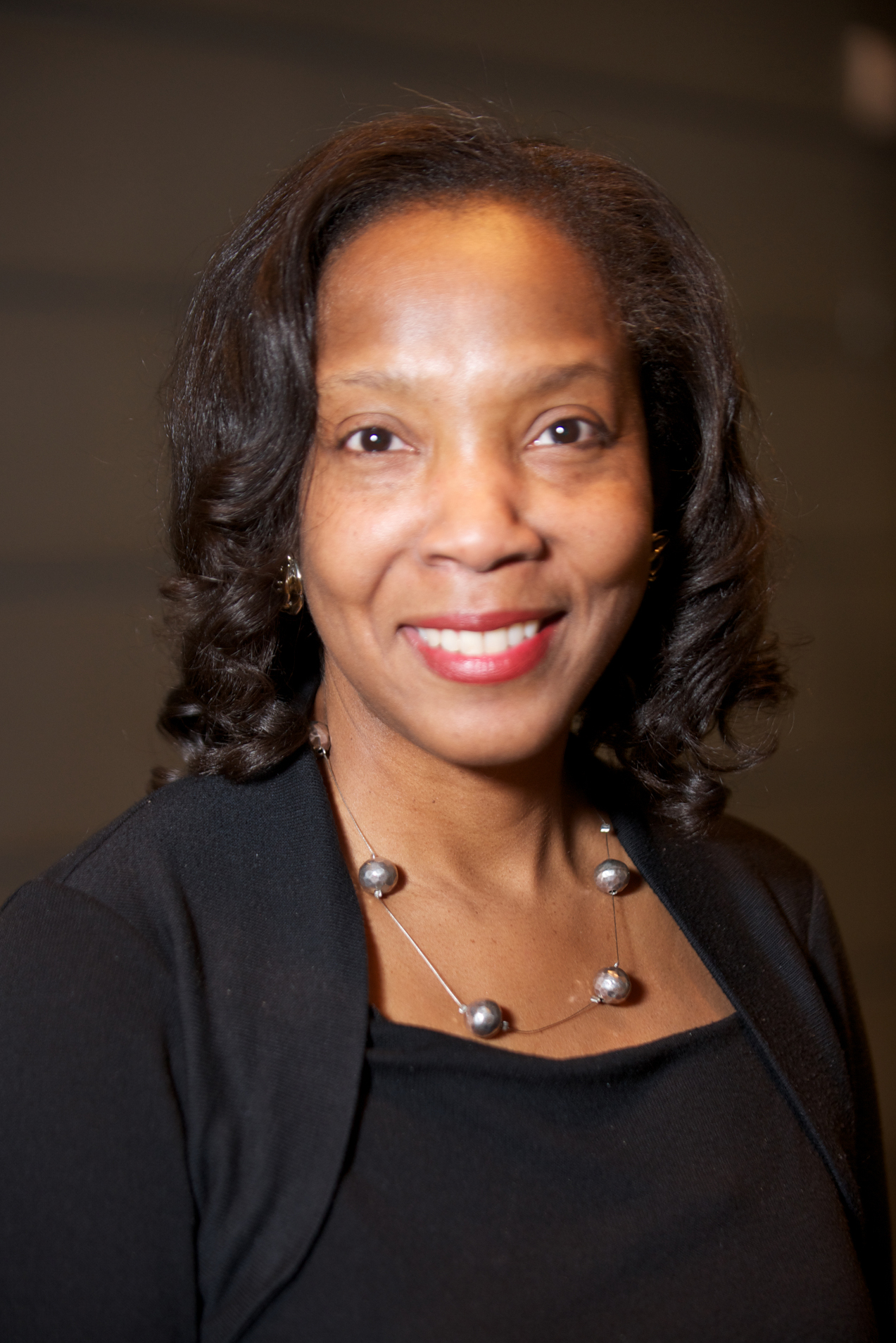George Washington University School of Nursing’s Associate Professor Sherrie Wallington, PhD, is on a mission to prepare nurse scientists and scientists in aligned fields, to conduct rigorous, innovative, and solutions-oriented nursing research to address social determinants of health (SDOH) and their systematic maldistribution on health and health equity. With the support of a National Institutes of Health (NIH) and National Institute of Nursing Research (NINR) grant, Dr. Wallington is leading a three-year project centered on stimulating SDOH research. This program, a direct response to student interest and a national need to address health inequities, is poised to impact nurse scientists and the communities they serve, building bridges across academia and public health.
Dr. Wallington’s work with SDOH was inspired by feedback from GW’s SON doctoral-level Health Determinants course, co-developed with Erin Athey, DNP, FNP-BC, RN. Students voiced a strong desire to learn more about the non-medical factors that shape health, fueling her commitment to this field. Alongside this, Dr. Wallington has collaborated with GW Nursing colleagues, such as Professor Christine Pintz, PhD, RN, FNP-BC, FAAN, ACC, FAANP, on her HRSA-funded “Nurse Practitioner Technology Enhanced Community Health” (NP-TECH) initiative, which emphasizes the importance of health equity-focused research. As part of this NIH-funded project, Dr. Wallington hopes to further embed SDOH research into nursing education, aligning with the American Association of Colleges of Nursing’s call to incorporate these vital topics into nursing curricula.
An Innovative Approach: Community-Based Participatory Research
At the core of Dr. Wallington’s SDOH-focused short course is Community-Based Participatory Research (CBPR), a method that distinguishes itself by working with communities, rather than conducting research on them. "In traditional research, we often come to the community with preconceived ideas and solutions,” Dr. Wallington explains. “CBPR flips that script, making the community a central partner from the start.”
This course will focus on helping nurse scientists and health professionals not only understand the factors in a community’s environment, but also engage in a collaborative design of solutions. Dr. Wallington’s team established a community advisory board composed of both community and academic stakeholders to ensure an authentic CBPR experience. This means participants will learn how to incorporate community voices into every phase of research, from design to dissemination, a shift that aims to reduce health disparities and promote health equity.
Goals of the NIH/NINR Short Course
With this three-year initiative, Dr. Wallington aims to prepare a diverse group of nurse scientists and health professionals to conduct impactful SDOH research that can directly benefit underserved communities. Each cohort, comprising at least 20 health professionals over two years, will dive into the complexities of SDOH research and CBPR. This hands-on training will cover everything from designing studies that consider intersectionality to the development of interventions that account for unique community factors.
“The broader vision is to create a robust educational pipeline,” says Dr. Wallington, “where nurse scientists can tackle root causes of health disparities in a meaningful way.” To ensure this knowledge is accessible, the team will publish an open-access “Advancing SDOH Research Course Toolkit,” detailing course content, findings, and community engagement techniques. Additionally, the course will be integrated into GW’s School of Nursing continuing education offerings, further expanding its reach.
Leveraging Expertise through Collaboration
The success of Dr. Wallington’s project relies on collaboration with national faculty and co-investigators. “Bringing together researchers from diverse backgrounds enables us to tap into a vast pool of experience and resources,” she explains. “Collaborating with prominent institutions opens up new opportunities, from data access to expanded study populations, broadening the course’s reach and potential impact.”
For Dr. Wallington, this cross-institutional collaboration also addresses a common challenge in academia: the repetition of similar research approaches. By working with researchers across disciplines and regions, Dr. Wallington hopes to foster innovation, new perspectives, and ultimately, broader applications of her team’s findings.
Overcoming Challenges with Strategic Recruitment and Branding
A central challenge for Dr. Wallington’s team is recruiting two diverse cohorts of participants. Diversity—in geographic, institutional, and demographic terms—is crucial for the program’s success, allowing it to address SDOH in varied contexts. To tackle this, Dr. Wallington and her team have developed a comprehensive recruitment strategy, working with local and national partners across professional nursing, scientific, and public health networks.
In addition, school of nursing colleagues are working to create a distinct brand for the short course. Social media campaigns, an interactive website, and a strong web presence will all contribute to a seamless recruitment experience. Furthermore, the course offers Continuing Education Units (CEUs) and micro-credentials, providing an added incentive for participation and an official credential that reflects participants’ new expertise in SDOH research.
A Lasting Impact on Health Equity and Policy
Dr. Wallington envisions this program as a crucial stepping stone in health equity research, one that extends beyond individual projects. By preparing nurse scientists to tackle SDOH head-on, she hopes to influence both health outcomes and policy, addressing inequities at a systemic level. “In the long term, we want to see a shift in how research approaches health disparities, integrating community voices and targeting the underlying social factors that impact health,” she says.
In the end, Dr. Wallington’s NIH/NINR-funded short course offers students more than just research skills; it teaches them a transformative approach to public health, setting the stage for a new generation of nurse scientists committed to equity, community engagement, and impactful research. As GW School of Nursing continues to lead in SDOH research, Dr. Wallington’s project is a powerful testament to the role of nurse scientists in fostering a healthier, more equitable society.


